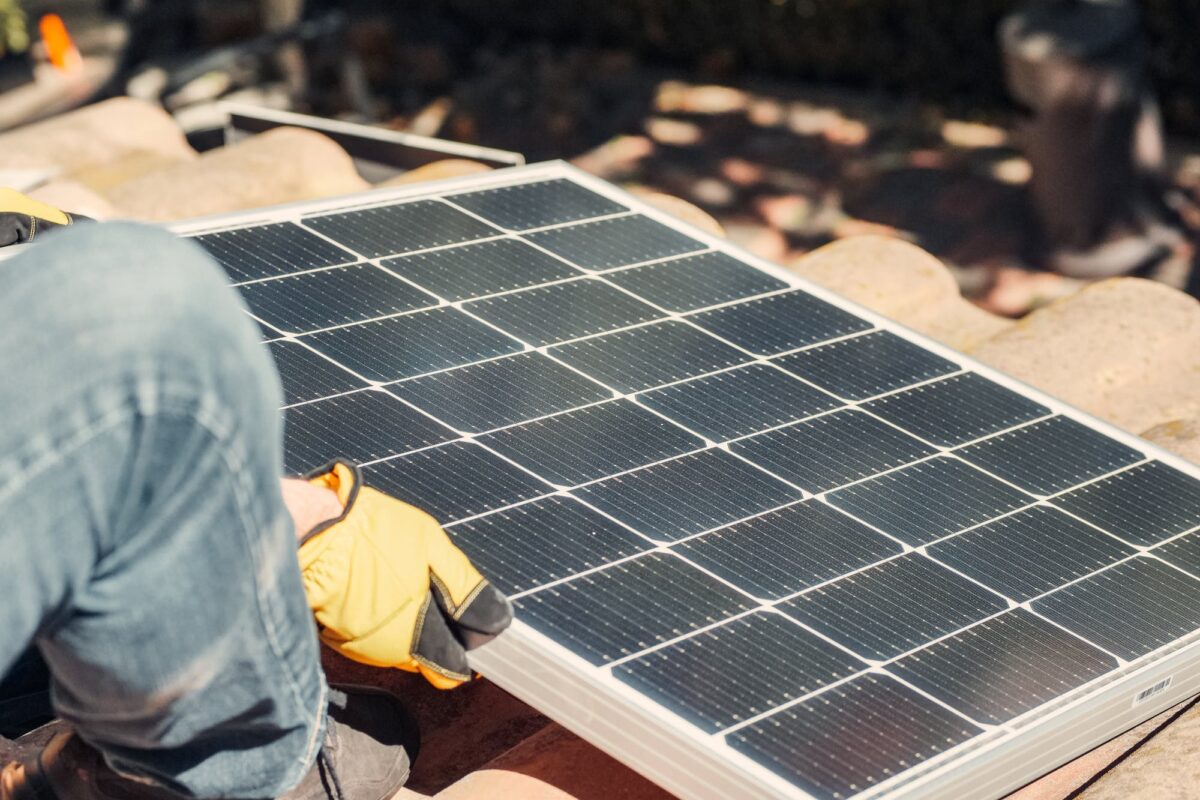Well, that was anticlimactic now, wasn’t it?
As solar’s opponents in North Carolina and Georgia gathered around their television sets waiting for the grid to go down because of solar’s inherent weakening of said grid, what they saw was their electric grid say:
“Meh. No biggie.”
The solar eclipse, whose effects passed through both North Carolina and Georgia around 3 pm ET, registered barely a blip on the two largest utilities. Georgia Power, in fact, livestreamed the eclipse from the top of its headquarters and watched solar power dip significantly for the three minutes of the eclipse’s totality (when the moon was fully blocking out the sun) – and yet there was no catastrophic failure (or even a slight failure).
Life continued on as if nothing were happening.
“You can see the drop here,” said John Kraft, a member of the media and issues management team at Georgia Power as he stood atop the parking deck of the utility’s downtown Atlanta headquarters. “So you can see solar’s intermittency, but that’s why we have a diversity of power generation sources – to handle dips like this.”
In an email to pv magazine afterward, Kraft said Georgia Power will be evaluating data recorded during the eclipse in the coming days, but at this point, it did not expect – and are not aware – of problems
“We did not expect and did not have any customer outages related to power supply.” Kraft said. “We did see a significant drop in solar production at our demonstration project at our Atlanta headquarters and would expect that solar facilities across the state experienced declines in output, depending on local weather conditions and degree of eclipse darkening.”
The partnership between Georgia Power and the Georgia Public Service Commission (GPSC) is what has allowed solar to grow in the state.
“An eclipse is a rare event, and one that can be planned for, but did illustrate the intermittent nature of solar that more commonly occurs on cloudy days, at night, and at other times,” Kraft said. “Like any power source, solar has benefits and limitations, and when incorporated into a diverse generation mix, as we have done in coordination with the GPSC, [solar] is an important part of our state’s energy resources.”
This content is protected by copyright and may not be reused. If you want to cooperate with us and would like to reuse some of our content, please contact: editors@pv-magazine.com.








By submitting this form you agree to pv magazine using your data for the purposes of publishing your comment.
Your personal data will only be disclosed or otherwise transmitted to third parties for the purposes of spam filtering or if this is necessary for technical maintenance of the website. Any other transfer to third parties will not take place unless this is justified on the basis of applicable data protection regulations or if pv magazine is legally obliged to do so.
You may revoke this consent at any time with effect for the future, in which case your personal data will be deleted immediately. Otherwise, your data will be deleted if pv magazine has processed your request or the purpose of data storage is fulfilled.
Further information on data privacy can be found in our Data Protection Policy.